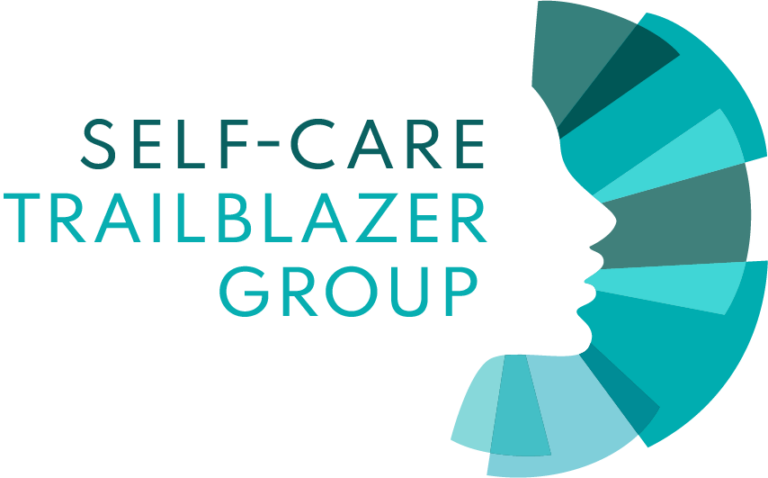On September 25th, 2025, world leaders will gather for the Fourth High-Level Meeting on NCDs and Mental Health (HLM4) during the United Nations General Assembly. The stakes could not be higher. Non-communicable diseases (NCDs) and mental health conditions are on the rise worldwide. High blood pressure, diabetes, cancers, depression, and anxiety now affect millions of people across every region — placing an enormous burden on individuals, families, and health systems.
Member States will debate a new Political Declaration on NCDs and Mental Health. The draft text highlights prevention, early diagnosis, community-based care, and people-centered approaches. However, it overlooks one critical piece of the puzzle: self-care.
Why Self-Care Matters
Self-care is more than taking a moment to rest or exercise — it is about people having the tools, knowledge, and support to manage their own health safely and effectively. It could mean:
- A woman in Guatemala using an HPV self-sampling kit to check for cervical cancer without traveling miles to a clinic.
- A young man in Nigeria managing his blood pressure and blood sugar through a mobile app that connects him with virtual coaching.
- A teenager using a mental health self-help app for stress management in a place where formal services are limited.
These scenarios exemplify how self-care can extend the reach of health systems, reduce stigma, and give people real agency over their health. These innovations do not replace conventional health services — they complement them, making care more accessible, affordable, and equitable.
Where Self-Care Fits in the Global Agenda
The upcoming Political Declaration already outlines many priorities that align with self-care:
- Prevention and diagnosis: Early detection of hypertension, diabetes, cancers, and depression is vital. Self-testing tools — from glucose monitors to HPV self-sampling — bring these services directly into people’s homes.
- Integration across health programs: HIV self-testing was integrated with family planning and contraceptive counseling, helping women access multiple services in one touchpoint. Similar distribution and linkage models could be used for blood pressure monitoring, glucose self-testing, and HPV self-sampling — extending preventive care into homes and communities.
- Mental health in communities: Incorporating community-based models opens the door for digital self-care, peer-led support, and safe, user-friendly apps.
- Technology and innovation: Self-care also thrives when paired with digital tools, such as apps, telehealth platforms, and home devices. These innovations can help people monitor and manage conditions discreetly, conveniently, and on their own terms.
- Health literacy and behavior change: Education only works if people have the tools to put it into action. Pairing literacy campaigns with self-care tools empowers individuals to turn knowledge into action.
- Rights-based approaches: At its core, self-care is about autonomy, dignity, and choice, values that are central to health and human rights.
At the same time, challenges remain. Many self-care innovations have yet to reach their full potential. Greater efforts are crucial to scale up new self-care products while linking them with broader health platforms that provide conventional health services. Financing gaps persist, as self-care does not fit neatly into existing global health funding streams. Political will is uneven, with some still seeing self-care as shifting responsibility onto individuals rather than strengthening systems. And equity must remain at the forefront, ensuring that self-care reaches those who need it most.
What Needs to Happen Next
As the world prepares for the Fourth High-Level Meeting, this is a chance we cannot afford to miss. The SCTG joins our partners in the United for Self-Care Coalition to urge member states to make self-care part of the global conversation on NCDs and mental health. Health for all is only possible when people are trusted and equipped to care for themselves.
If we want the Political Declaration on NCDs and Mental Health to be transformative, it must:
- Explicitly recognize self-care as part of the global response.
- Encourage governments to integrate self-care into national health plans, financing, and guidelines.
- Prioritize equity so women, youth, and marginalized groups can access self-care tools.
- Invest in measurement, creating indicators to track how self-care supports NCD and mental health outcomes.
- Unlock funding by aligning self-care with universal health coverage (UHC) financing and donor priorities.
A Call to Action
HLM4 is not just another meeting. It is a chance for governments to demonstrate that they are serious about tackling the NCD and mental health crisis in ways that are bold, inclusive, and sustainable.
Self-care is the missing piece. We call on Member States to institutionalize evidence-based self-care within their national health systems through supportive policies, programs, financing, and regulations. Access to self-care is integral to reformed health systems, with the understanding that it is not a substitute for a government’s responsibility to provide affordable quality services.
By encouraging individuals and communities to act as informed agents for their own health and well-being – through healthy lifestyle choices and self-managed disease prevention and control measures — limited health resources can be used more efficiently and effectively. This can reduce the burden on health workers, health facilities, and government budgets, ensuring that resources are available to manage conditions that require the support of health care providers.
